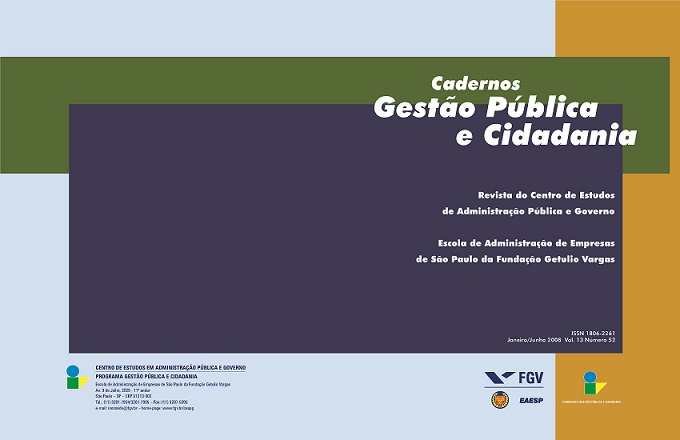Social Formation and Social Movements: the myth of Racial Democracy and the Public Policies in Brazil
Main Article Content
Abstract
Downloads
Article Details
Authors publishing in this journal agree to the following terms:
The authors have the copyright and grant the journal the right of first publication. The authors’ work is also licensed under the Creative Commons Attribution License (CC BY 4.0), allowing sharing its content since acknowledging authorship and first publication in this journal.
Authors are authorized to take on additional contracts separately for the non-exclusive distribution of the version of the work published in this journal since acknowledging authorship and first publication. For example, the authors may publish the content in institutional repositories or as a book chapter).
Authors are encouraged to distribute the publication online (e.g., in institutional repositories or on their personal webpage, among others), as this can lead to improvements and increase impact and citation of the published work. For more information, please check The effect of open access.
Cadernos Gestão Pública e Cidadania (CGPC) (Public Management and Citizenship Journal) is a journal committed to contributing to the protection of the author's rights. In this sense:
- Moral rights and rights of use of the article are secured to the author;
- It adopts the Creative Commons BY (CC-BY) license in all texts published;
- It uses similarity-detection software (iThenticate);
- The journal undertakes measures to fight plagiarism and ethical misconduct, in line with the guidelines of the Committee on Publication Ethics (COPE).
For more information, please see CGPC Ethics & Conduct.







